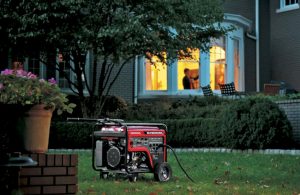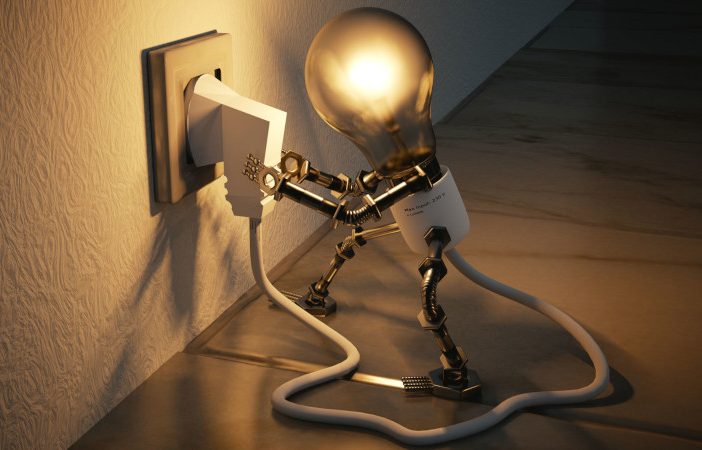As South Africa is plunged into darkness once again due to the latest round of load-shedding, it’s important to consider the impact power outages and a sudden power surge can have on your home and business. If you’re concerned about protecting your electrical devices, consider taking out insurance to mitigate any risk of electrical damage caused by load-shedding. Of course, in addition to having a good insurance policy to cover your goods in the event of electrical damage, there are also a few things you can do to help prevent electrical damage during load-shedding. Here are 5 tips to prevent electrical damage caused by load-shedding.
1. Unplug appliances and sensitive equipment

First thing’s first, remember to unplug devices. It is always a good idea to unplug appliances or any other sensitive equipment or electronic devices that may be vulnerable to power surges. Items that could be badly damaged when the power comes back on due to a spike in electricity flow include cell phones, laptops, desktop computers, servers and LCD screens.
Whether you’re at home, or the office, unplug these devices and plug them back in again once the power has been turned back on. Businesses needing to power critical equipment, such as cash registers and point of sale equipment, during a power outage may want to consider installing inverters as well as UPS protection or surge protection on sensitive electronic equipment.
2. Use a generator safely

If you choose to use a generator, ensure you use it safely. Never use a generator inside a home or enclosed workplace area as the emissions can cause asphyxiation. The heat from the generator or a faulty connection to your home’s power supply can also cause fire damage, which would not be covered in your insurance policy as this would likely be deemed as negligence. Ensure that generators are installed by qualified electricians and that they issue you with an electrical compliance certificate. Remember, generators that switch on automatically can also pose an increased risk and must be carefully managed.
Find the best prices on generators online with PriceCheck now:
3. Test your alarm system

During load shedding, alarm power packs and batteries may wear out faster, resulting in reduced functionality. This may also cause alarm systems to produce false alarm signals or even to malfunction altogether. Many insurance policies require that you perform an annual or bi-annual alarm system check, which must be logged by your security company to ensure that it is in proper working order and that the battery is still functional. Failure to do so could impact your claim. You should also ensure that all alarm peripherals have fresh batteries if a wireless alarm system is being used.
4. Install reserve power

If you have the means to do so, consider installing reserve power to your home and business. Installing reserve batteries will help to ensure that electric fencing and gates still work during load shedding. While reserve batteries generally last for six to eight hours when the power goes out, load shedding dramatically decreases a battery’s lifespan, so it is incredibly important that these are tested or replaced, regularly.
Backup batteries are particularly important for commercial premises as their alarm systems typically require more power which necessitates the use of heavy-duty batteries. If your business has stock that requires continuous cold storage, it’s worth considering installing back-up generators with an automated system that informs you of a power outage so that prevention steps can be taken.
Find the best prices on load-shedding solutions online with PriceCheck now:
5. Use solar lighting

Because the load shedding timetables are open to the public, criminals may see blackouts as an opportune time to break into premises. It’s therefore important to keep your property well-lit to help discourage any illegal activity on your property. Use solar lighting to light up your home or business premises during load-shedding at night. Using solar power or battery-operated lighting to light up your premises can reduce the chance of opportunistic crime occurring during a power outage.
Find the best prices on load-shedding solutions online with PriceCheck now:





